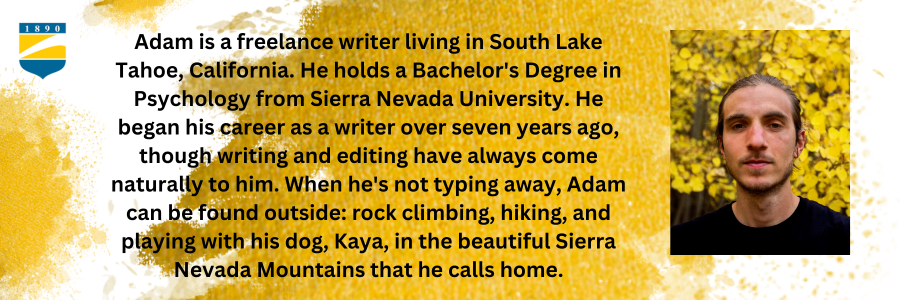7 Resume Trends In 2025
The world is changing rapidly, and the job market is changing with it. To remain competitive in today’s job market, you will need to stay up to date with current resume trends that help you to stand out and demonstrate your value to employers.
Beyond the skills and experience highlighted in your resume, the format of the resume itself can demonstrate adaptability and technology skills that are important to many employers. Keep reading to learn our top resume trends for 2025, including tips on how to format and draft your resume and how to most effectively highlight your strengths and experience!
1. Digital Resumes
It’s safe to say that digital resumes are the new norm in today’s job market. While a simple Word document used to get the job done, digital resumes offer much more room for creativity and engagement.
Digital resumes are online versions of a traditional resume, but they include interactive and multimedia features that set them apart from traditional paper resumes. There is no set way to format a digital resume; it could take the form of a PDF document, a website, or even a video resume. Many digital resumes have videos embedded within them.
Digital resumes can be shared and interacted with, and they may even include SEO (Search Engine Optimization) strategies in order to make them more visible by companies that use ATS (applicant tracking systems) to search for resumes based on keywords.
One thing to keep in mind when employing this exciting and innovative resume trend is that some basic resume principles still apply: simplicity, conciseness, and ease of navigation all remain highly important!
2. Skills-Focused Approach
Over time, resumes have trended toward becoming more skills focused and less strictly achievement/experience focused. One study demonstrated that 65% of managers will hire based on skills alone, so this resume trend is highly important.
Skills can be broken down into two main subcategories: hard skills and soft skills.
Hard skills include technical skills needed for the job you are applying for. Skilled candidates are more valuable to employers because they require less training and oversight. Even if you don’t have direct relevant professional experience, you can use your resume to highlight that you still have the hard skills required for the position you are applying for.
Soft skills, meanwhile, include things like creative thinking, curiosity and being a lifelong learner, resilience, flexibility, etc. Many job applicants underestimate the importance of highlighting soft skills on a resume. A good strategy when highlighting soft skills is to link the skills to specific projects you have worked on that demonstrate those skills.
3. Online Profiles
In today’s job market, a resume sometimes isn’t enough on its own. An online presence is an important element of standing out when applying for many positions. Social media profiles, especially LinkedIn, are critical to many job searches.
Social media presence is as much about removing red flags from your online profiles as it is about including strengths and green flags, like your reputable connections and educational background.
If you are applying to a range of positions, you want to be sure that your online presence is tailored to appeal to a variety of employers. If your job search is highly specified, you can tweak your profiles to specifically showcase your strengths in that professional area.
4. Using AI to Enhance a Resume
Using AI to help create your resume is probably something that has crossed your mind if you have ever used tools like ChatGPT. More and more people are using AI tools to help them create resumes, but while this strategy is a current resume trend, it is only a good idea if you know how to use AI effectively.
Many managers say that AI-generated content is the biggest red flag they see when reviewing resumes. That does not mean you need to avoid using AI and skip out on this resume trend entirely; it just means that you need to use AI the right way!
One strategy to employ includes providing the AI with an existing, self-drafted resume to work off of, feeding it specific bullet points and asking it to create a resume based off of this information. Asking AI to draft a resume from scratch may not be the best idea, especially if you do not give it adequate information to work off of as it will fill in the gaps with self-generated content.
5. Targeted Resumes
The job market today is incredibly competitive, and it is more important than ever to tailor your resume to each job you apply for. While past job markets might have allowed you to send out one version of your resume to dozens of employers, most fields are just way too competitive right now to allow for this strategy to be successful.
Including job-specific keywords on your resume and highlighting relevant skills and experience is critical. This is one area where AI can shine when using it to help with a resume. You can feed it your resume and a specific job listing and ask it to tailor your resume to the listing. Always make sure to double-check the work of AI and make your own edits.
Adapting your resume based on the specific demands and skillsets required by the open position can help you to easily stand out from the pack of applicants.
Written by Adam Wernham














